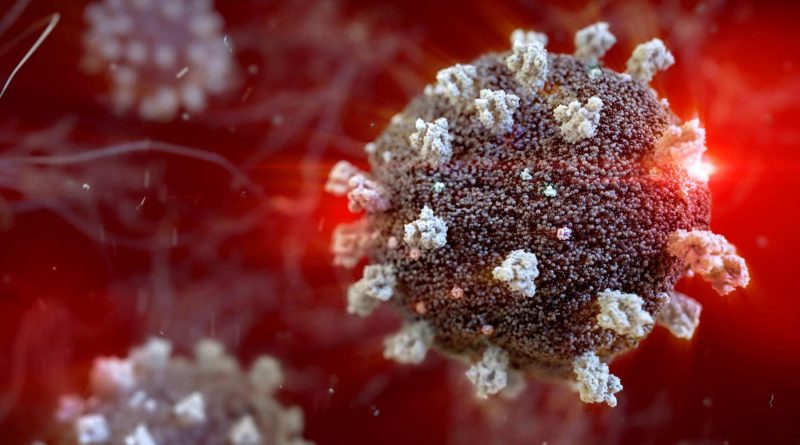Worse COVID Illness, Stronger Immunity After?
[ad_1]
HealthDay Reporter
WEDNESDAY, Jan. 27, 2021 (HealthDay News) — People who’ve recovered from severe COVID-19 may have stronger long-term immune protection from reinfection than those with milder illness, researchers report.
They examined blood samples from 39 COVID-19 patients and 10 people who hadn’t been exposed to the virus (their blood samples were given pre-pandemic). In all, they analyzed the expression of individual genes of more than 80,000 CD8+ T-cells.
CD8+ T-cells are immune cells that destroy virus-infected host cells, and “memory” CD8+ T-cells protect the body from reinfection by many types of viruses.
Of the COVID-19 patients, 17 had milder illness and weren’t hospitalized, 13 had been hospitalized, and nine ended up in intensive care. The researchers were surprised to find that patients with milder COVID-19 had weaker CD8+ T-cell responses.
The strongest CD8+ T-cell responses were in severely ill patients who required hospitalization or intensive care.
“There is an inverse link between how poorly T-cells work and how bad the infection is,” study co-author Dr. Christian Ottensmeier said in a news release from the La Jolla Institute for Immunology in California. He’s a professor at the University of Liverpool in the U.K. and an adjunct professor at the La Jolla institute.
The researchers found that CD8+ T-cells in people with mild COVID-19 had signs of T-cell “exhaustion,” in which cells receive so much immune system stimulation to combat viruses that they become less effective.
T-cell exhaustion in people with mild COVID-19 may reduce their chances of long-term immunity, according to the authors.
“People who have severe disease are likely to end up with a good number of memory cells,” explained study co-author Pandurangan Vijayanand, a professor at La Jolla Institute. “People with milder disease have memory cells, but they seem exhausted and dysfunctional — so they might not be effective for long enough.”
The findings “suggest that suggest people with severe COVID-19 cases may have stronger long-term immunity,” Vijayanand said.
This study highlights the enormous variability in how human beings react to a viral challenge, Ottensmeier said.
Continued
While the study offers important new insight into COVID-19 patients’ immune response, it’s limited due to its reliance on CD8+ T-cells found in blood samples, the researchers explained.
To learn more, they plan to assess T-cells in tissues hit hardest by the new coronavirus, such as the lungs, to see how they react to the virus. That’s crucial because the memory T-cells that provide long-term immunity need to live in the tissues.
The study was published Jan. 21 in the journal Science Immunology.
More information
The U.S. Centers for Disease Control and Prevention has more on COVID-19.
SOURCE: La Jolla Institute for Immunology, news release, Jan. 21,2021
[ad_2]
Source link


